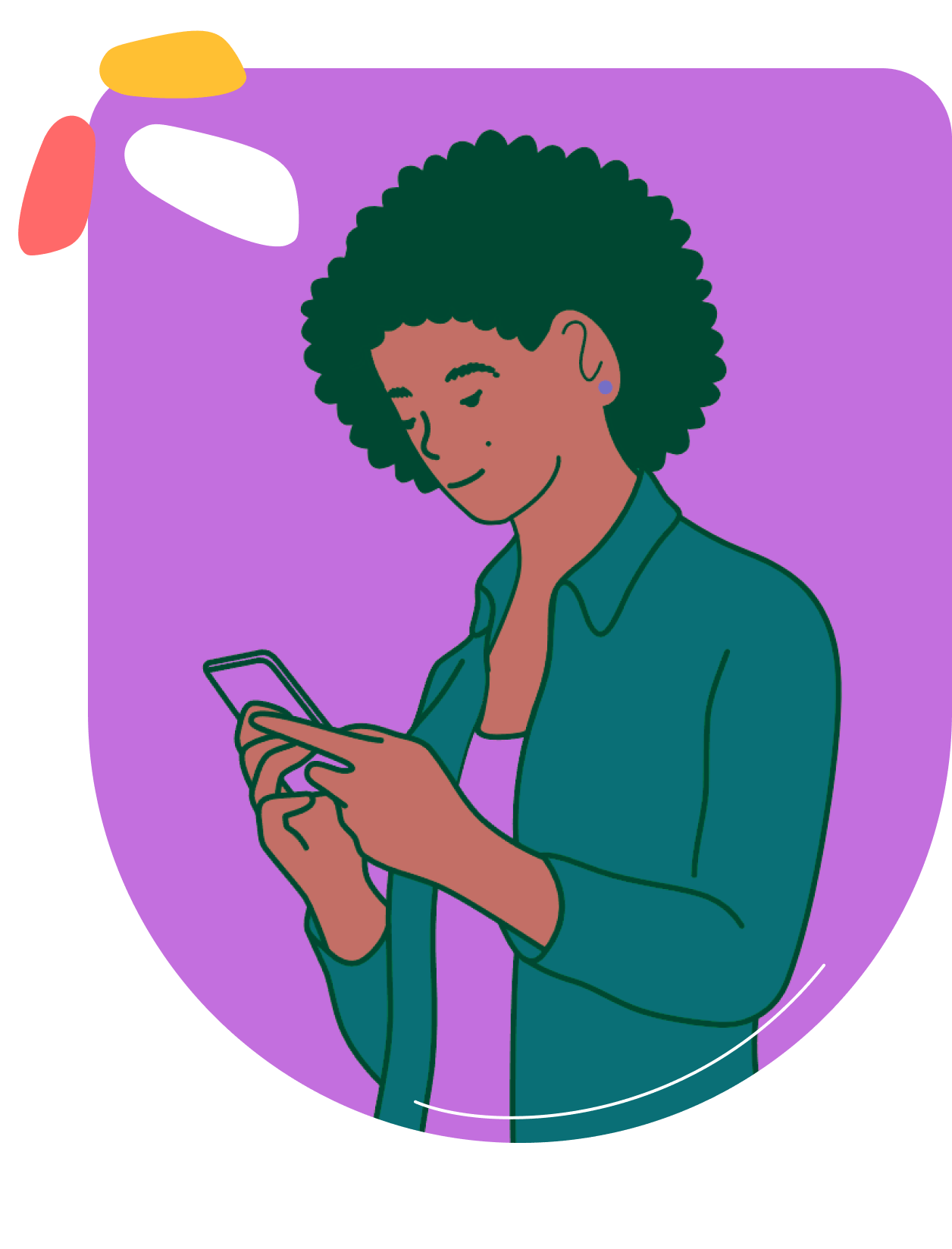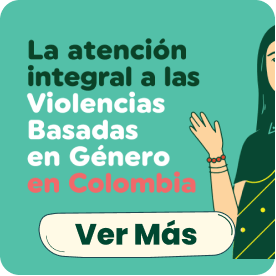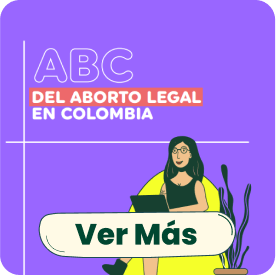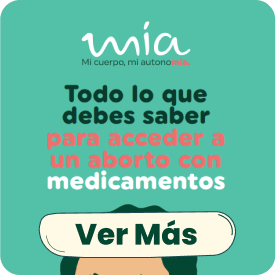Important
Information
Gender-based violence (GBV)
Gender-based violence (GBV) refers to harmful acts directed at an individual or group based on their gender. It stems from gender inequality, abuse of power, and harmful social norms.
Types of gender-based violence include:
- Sexual violence
- Physical violence
- Economic violence
- Psychological violence
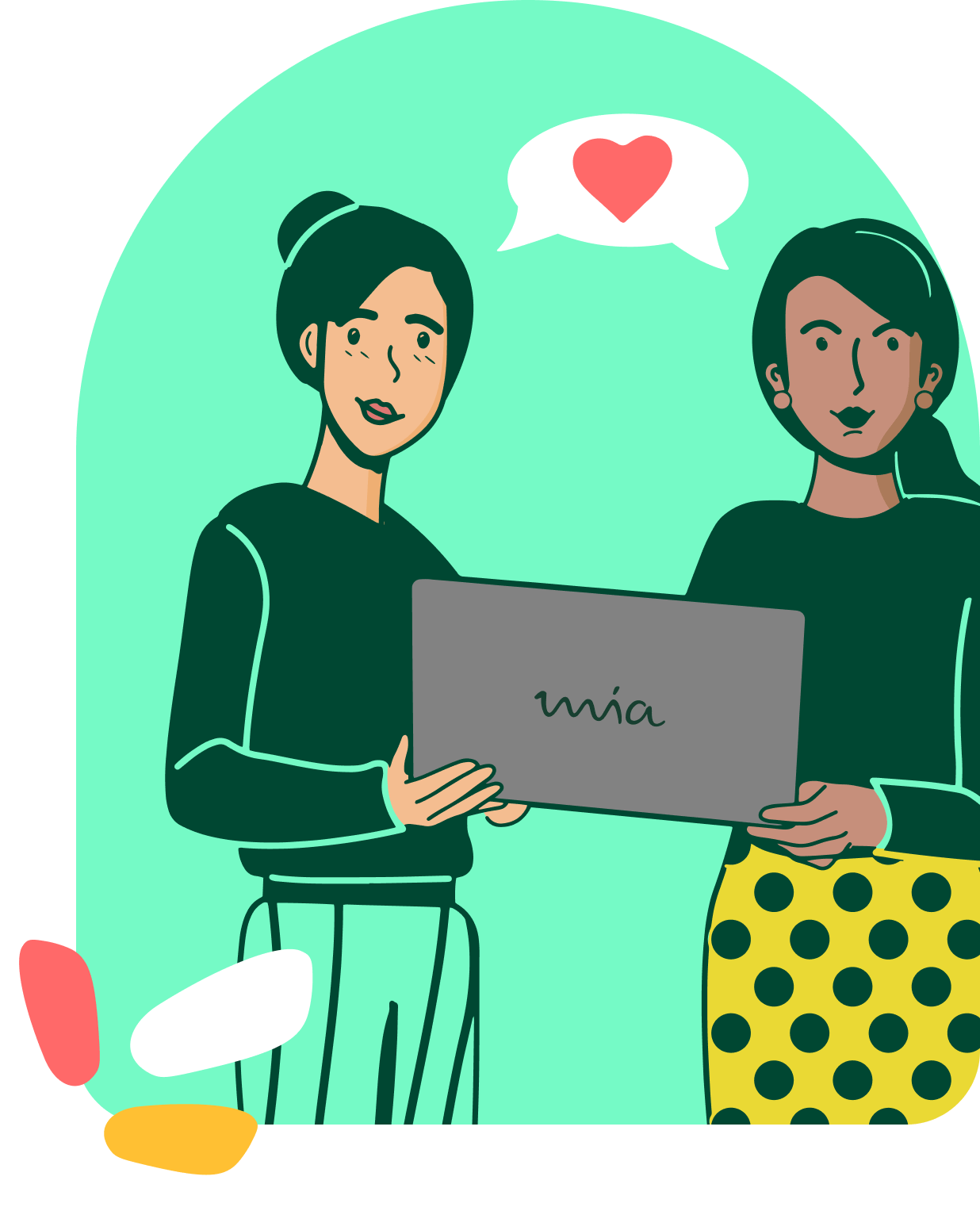
Types of
Violence
Sexual
Violence
Acts that involve forcing a person into sexual, physical, or verbal contact, or coercing them to participate in other sexual interactions through the use of force or any other means that overrides or limits personal consent. This also includes situations where the perpetrator forces the victim to perform such acts with others. This form of violence encompasses unwanted touching and groping.
Physical
Violence
Refers to any act that poses a risk to or compromises a person’s bodily integrity, including beatings, attacks using harmful objects or substances, confinement, shaking, rough handling (such as forceful grabbing), and any other intentional behavior aimed at causing harm.
Economic
Violence
Any action or omission aimed at financial abuse, exerting coercive control over finances, or imposing monetary rewards or punishments based on a person’s social, economic, or political status. This form of violence can occur in intimate partner relationships, family settings, workplaces, or economic transactions. A clear example is paying women less than men for the same work.
Psychological
Violence
Any action or omission intended to degrade or control a person’s actions, behaviors, beliefs, or decisions through intimidation, manipulation, direct or indirect threats, humiliation, isolation, or any other conduct that harms psychological health, self-determination, or personal development. This includes mistreatment, insults, belittling, threats, prohibitions, blackmail, verbal abuse, and coercive control.

Rights of
Gender-Based
Violence (GBV) Survivors
Victims of gender-based violence have the right to:
- Comprehensive Care
- Receive sufficient, accessible, and quality comprehensive care.
- Legal Support
- Obtain free, immediate, and specialized legal guidance, advice, and technical assistance.
- Transparent Information
- Receive clear, complete, truthful, and timely information about their rights and about available mechanisms and procedures.
- Medical-Legal Exams
- Provide informed consent for forensic medical exams in cases of sexual violence.
- Choose the gender of the medical professional conducting these exams, based on available options.
- Sexual Health Information
- Access clear, complete, truthful, and timely information about sexual and reproductive health.
- Confidentiality
- Have their identity protected when receiving medical, legal, or social assistance services.
- Protection for Family
- Access protection mechanisms for themselves and their children.
- Justice and Reparations
- Truth, justice, reparations, and guarantees of non-repetition regarding the violent acts.
- Confrontation Choice
- Voluntarily decide whether to face their aggressor in any administrative, judicial, or other type of proceeding.
How to find help
If you are experiencing violence, know someone who is, or are at risk, you can contact these resources:
In Bogotá:
📞 Línea Púrpura (Purple Line):
- Call: 01800 112 137 (toll-free, 24/7)
- WhatsApp: 300 755 18 46
Nationwide:
📞 ICBF (Colombian Family Welfare Institute) Hotline: 141
- Free, national emergency line for adults and children to report abuse, seek help, or get guidance.
📱 Mobile Apps for Support:
- Ellas App
- Sofía App
- Available for iPhone and Android
- Features:
✓ Risk assessment quizzes
✓ Safety tips
✓ Maps to nearby support services
✓ Step-by-step guidance on protection measures
